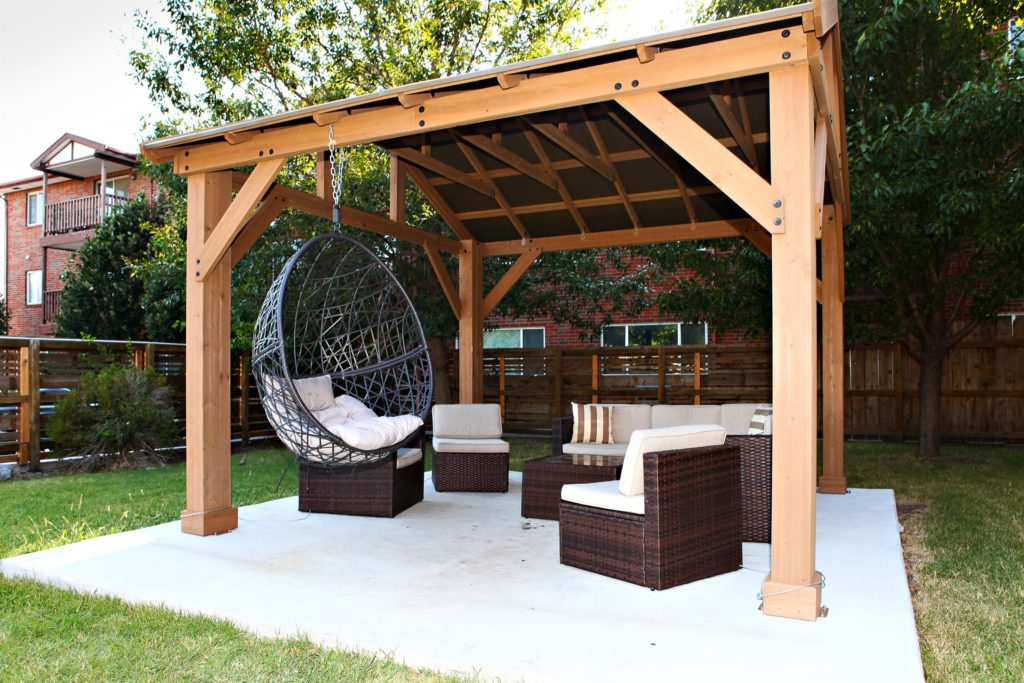All of you renters out there are probably pretty familiar with security deposits, but have you ever heard of application deposits? Don’t let this term throw you for a loop – it’s simple! Application deposits, also known as “holding deposits,” aren’t always required, and you may not find that you have to pay this expense for every apartment that you apply to. You may only have to pay an application fee and additional move-in fees after being approved. But to make sure you’re prepared for any and all application payments going forward, let’s discuss the ins and outs of application deposits!
What Is an Application Deposit?
An application deposit is a lump sum that a landlord or property manager will require you to pay when submitting an application for a rental property. Some landlords and property managers require an application deposit as a sort of guarantee that an applicant will follow through and rent the apartment after their application is approved.
When a potential tenant submits an application for rent, but ultimately decides they no longer want to rent the apartment, it holds up the rental process. Because the landlord or property manager believes that this unit will be rented out, it can cost them other potential tenants that could have applied to rent the apartment. The application deposit essentially holds the property for you in exchange for a payment. It temporarily takes that specific apartment off of the rental market, so it’s held for you while your application is pending approval (fingers crossed)!
Application Deposit vs. Application Fee
Don’t confuse an application deposit with an application fee – the cost is quite different! And most importantly, an application fee is non-refundable. An application fee is collected by the landlord or property manager from the applicant in order to cover the cost of a background and credit check. An application fee ranges anywhere from $25-$100, depending on what kind of apartment you are applying to rent and the area you are looking in. If an apartment community requires an application deposit, then they will also require an application fee. You should almost always expect to pay an application fee (unless it’s waived as a move-in special), while an application deposit varies from apartment to apartment.
Application Deposit vs. Security Deposit
These are both deposits, yes, but they are completely different. When you pay a security deposit, there is a lease in play. What I mean by that is that you only pay a security deposit after your application has been approved and you are signing a lease to rent the apartment. A security deposit is refundable, and it can be used to cover any potential damages done to the apartment by a tenant throughout their lease. The remainder of the security deposit will be returned to the tenant. If no damages are found in the apartment, then you get the entire deposit back. Though this isn’t super common, it’s possible! A security deposit ranges from $100 to the cost of one month’s rent. It can, however, cost even more than that depending on the results of your background and credit check.
How Much Is an Application Deposit?
It’s difficult to say how much an application deposit will cost, but it is typically a portion of what the security deposit will be. It completely depends on the apartment community that you are applying to. If the landlord or property manager feels like half a month’s rent is substantial for an application deposit, then that’s what it’ll be! It varies place to place, so be sure to ask about the cost of the application deposit before you apply to that apartment.
Is an Application Deposit Refundable?
Sometimes an application deposit is refundable, and sometimes it’s not – it’s situational. If there is another active rental application that came before yours, and the landlord or property manager approves their application before they get to yours (meaning that you will not be able to rent the unit), then your application deposit will be refunded to you. However, your application fee is non-refundable, so don’t expect to get that back!
If your application is accepted, and you decide against renting the apartment, then the landlord or property manager may choose to hold onto your application deposit since they potentially missed an opportunity to find another tenant while you were waffling – in turn, wasting their time and money. After all, the landlord or property manager could’ve already been making money off of rent and move-in fees from another tenant. To avoid losing your application deposit, ask the landlord or property manager what their official policy is regarding this matter.
If your application is accepted, and you decide to indeed rent the apartment and sign a lease, then your application deposit will likely be put towards your security deposit (which usually costs more than the application deposit). Application deposits aren’t always required by landlords or property managers, but you may come upon one or two of them during your apartment rental journey. Stay in the know, my fellow renters!


